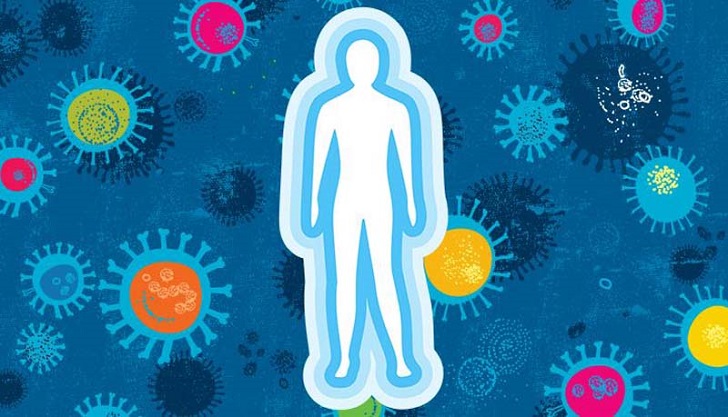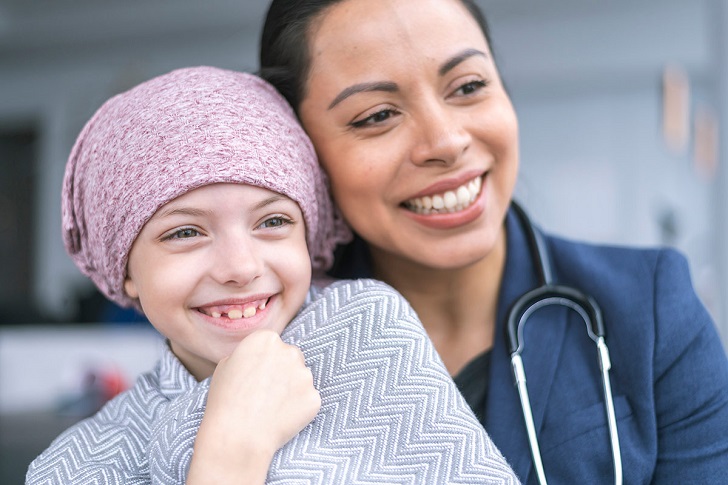Cancer remains one of the leading causes of mortality worldwide. Cancer incidence continues to increase yearly, with millions of people succumbing to this deadly disease. It is, therefore, essential to understand the causes and how to prevent it. Cancer is a global concern, and knowing how to decrease your risk of developing cancer is critical in reducing mortality rates worldwide.
Causes of Cancer
Genetics
Cancer that runs in the family is the result of inherited genetic mutations. These mutations increase the risk of developing certain types of cancer, such as breast, skin, and ovarian cancer. While changing your genes is impossible, knowing your family medical history can help you take preventative measures.

HealthKart/ Pinterest | There are certain everyday habits that can not only have an adverse effect on your mental and physical well-being
Carcinogens
Carcinogens are substances that cause cancer. They can be inhaled, ingested, or absorbed through the skin. Common examples of carcinogens include tobacco smoke, asbestos, and ultraviolet radiation from the sun or tanning beds. Reducing exposure to these environmental toxins can significantly reduce cancer risk.
Unhealthy Lifestyle Choices
Certain lifestyle choices, such as poor diet, lack of exercise, and excessive alcohol and drug use, can contribute to cancer development. According to the American Cancer Society, obesity increases the risk of developing breast, colon, rectal, kidney, pancreas, throat, and more cancers. Meanwhile, regular exercise can help control weight, which is important for cancer prevention.
Viruses and Infections
Some viruses and infections can increase the risk of developing cancer. For instance, the Human papillomavirus (HPV) can lead to cervical and throat cancers, while hepatitis B and C can cause liver cancer. Practicing safe sex with a condom and getting vaccinated against common viruses like HPV and hepatitis can help prevent these types of cancer.

YENNA/ FLICKR | When viruses cause an infection, they spread their DNA, affecting healthy cells’ genetic makeup and potentially causing them to turn into cancer
Genetics and Environment Interaction
While genetics and environment are independent risk factors, they can also interact to increase cancer risk. For instance, inherited genes may increase the body’s susceptibility to carcinogens, or environmental toxins may trigger genetic mutations that lead to cancer. Understanding these interactions can help in the development of new cancer treatments.
Preventing Cancer
Preventing cancer requires a multifaceted approach, but the most important is adopting a healthy lifestyle. Eating more fruits, vegetables, and whole grains, exercising more, and limiting alcohol consumption are essential steps toward reducing the likelihood of developing cancer. Quitting smoking is also a useful preventative measure. Regular health check-ups and cancer screenings can detect cancer early and increase survival rates.
Cancer Prevention in Children
Cancer prevention should also start early in childhood. Healthy lifestyle habits, such as healthy eating and regular exercise, should be taught to children to reduce the risk of developing cancer as they grow up. Parents should also ensure children are vaccinated against cancer-causing viruses such as HPV (human papillomavirus) and hepatitis B.

Hospice/ Shutterstock | The most common types of cancer diagnosed in children ages 0 to 14 years are leukemias, brain, and other central nervous system (CNS) tumors
Early Detection of Cancer
Early detection of cancer is essential in treating cancer and improving survival rates. Symptoms such as changes in bowel or bladder habits, persistent cough, wheezing, unusual bleeding, and unexplained weight loss should be reported to a healthcare professional immediately. Screening tests such as colonoscopies, mammograms, and Pap smears should also be performed regularly, depending on age and gender.
Supporting Cancer Research
Investing in cancer research is critical for identifying new prevention measures, early detection, and cancer treatment. Donating to charity organizations and participating in cancer research fundraisers can help support cancer research. Cancer patients and survivors can also advocate for cancer research and lobby their state and federal lawmakers for increased financial support.










